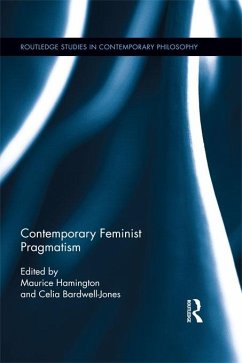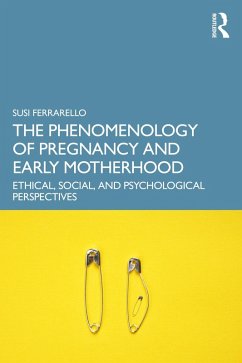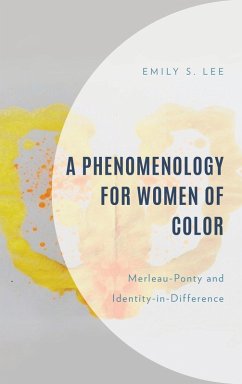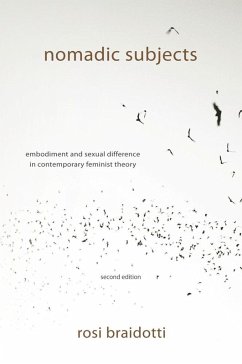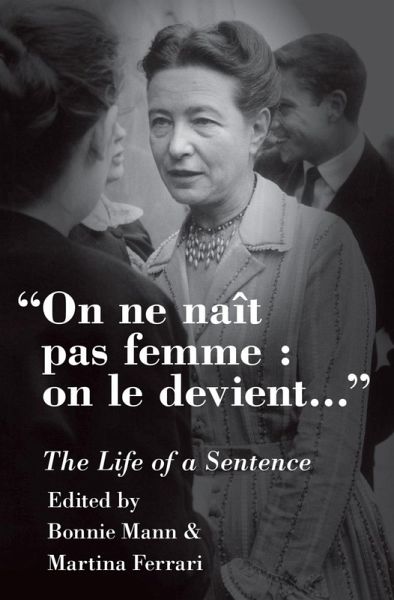
On ne naît pas femme : on le devient (eBook, ePUB)
The Life of a Sentence
Redaktion: Mann, Bonnie; Ferrari, Martina

PAYBACK Punkte
12 °P sammeln!
This collection of essays takes up the most famous feminist sentence ever written, Simone de Beauvoir's "On ne naît pas femme: on le devient," finding in it a flashpoint that galvanizes feminist thinking and action in multiple dimensions. Since its publication, the sentence has inspired feminist thinking and action in many different cultural and linguistic contexts. Two entangled controversies emerge in the life of this sentence: a controversy over the practice of translation and a controversy over the nature and status of sexual difference. Variously translated into English as "One is not bo...
This collection of essays takes up the most famous feminist sentence ever written, Simone de Beauvoir's "On ne naît pas femme: on le devient," finding in it a flashpoint that galvanizes feminist thinking and action in multiple dimensions. Since its publication, the sentence has inspired feminist thinking and action in many different cultural and linguistic contexts. Two entangled controversies emerge in the life of this sentence: a controversy over the practice of translation and a controversy over the nature and status of sexual difference. Variously translated into English as "One is not born, but rather becomes a woman" (Parshley, 1953), "one is not born but rather becomes woman" (Borde and Malovany-Chevallier, 2010), and "women are made, not born" (in popular parlance), the conflict over the translation crystallizes the feminist debate over the possibilities and limitations of social construction as a theory of sexual difference. When Sheila Malovany-Chevallier and Constance Borde (contributors to this volume), translated Le Deuxième Sexe into English in 2010, their decision to alter the translation of the famous sentence by omitting the "a" ignited debate that has not yet exhausted itself. The controversy over the English translation has opened a conversation about translation practices and their relation to meaning more generally, and broadens, in this volume, into an examination of the life of Beauvoir's key sentence in other languages and political and cultural contexts as well. The philosophers, translators, literary scholars and historian who author these essays take decidedly different positions on the meaning of the sentence in French, and thus on its correct translation in a variety of languages--but also on the meaning and salience of the question of sexual difference as it travels between languages, cultures, and political worlds.
Dieser Download kann aus rechtlichen Gründen nur mit Rechnungsadresse in A, B, BG, CY, CZ, D, DK, EW, E, FIN, F, GR, HR, H, IRL, I, LT, L, LR, M, NL, PL, P, R, S, SLO, SK ausgeliefert werden.





